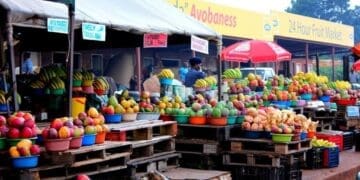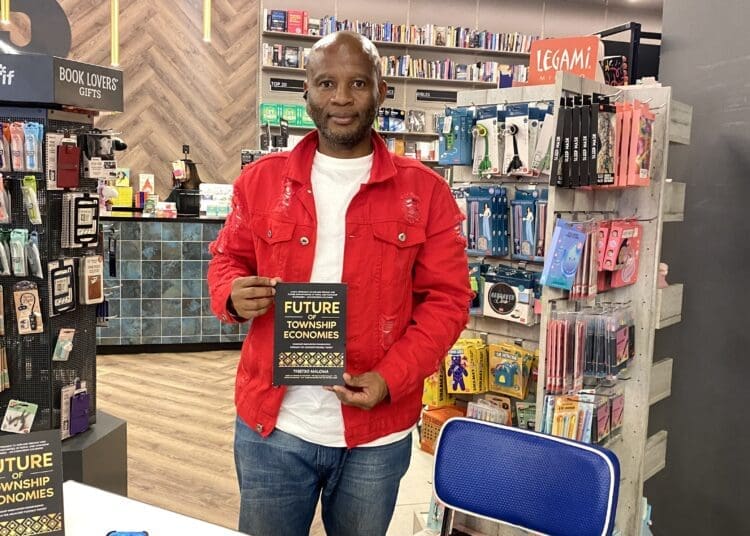Township entrepreneurs must look at the tools already within reach to create innovative solutions and grow their local economies, author Tiisetso Maloma advises in his new book Future of Township Economies.
“Just as the internet mixed with banking to create online banking, township innovators can fuse today’s tech such as 3D printing, AI and e-commerce with their communities’ needs to build new industries,” Maloma writes in the book which was recently launched in Fourways, Johannesburg.
Speaking to Vutivi News, Maloma encouraged township entrepreneurs to use existing technologies to create opportunities within their communities.
“Innovation does not have to start with millions. It starts with testing small ideas right where you are,” Maloma said.
He explained that his book draws on the ç, which shows how new things are created by combining what already exists.
“Take the internet. It mixed with banking to give us internet banking. It mixed with socialising to create social media. So now, township entrepreneurs can do the same with tools like 3D printing, AI and websites,” Maloma said.
He highlighted that technologies that were once expensive were now within reach.
“Technology has democratised access to making products, which was difficult before. Even if you wanted a website 15 years ago, you would spend thousands. Today, you can have one in a day.”
Maloma also challenged widespread views that townships were spaces of poverty and stagnation.
“The misconception is that people should just listen to politically minded people and think there’s no future in the township,” he said.
“But people stay there, they try to make a living, they become competitive and they innovate. That is what entrepreneurs do.”
He recommended that young entrepreneurs build their capital first, rather than waiting for funding from outside.
“The first thing is that you need an income,” he said. “If you look at someone funding you, you are going to wait for an exceptionally long time. So, you need to fund yourself. Get a job. And with your salary, you risk it — creating whatever products you want but testing in small bits,” Maloma advised, giving the example of launching a clothing brand.
“You do not go first and make 100 T-shirts. You make 25 so you can test it in the market. If it works, then you restock or make more. If it does not, you would have realised what no one could have showed you. You only learn that through actually starting.”
Regarding government and private sector support, Maloma was critical of how government and private sector initiatives currently supported township entrepreneurs.
He argued that while many programmes offered training and workshops, what entrepreneurs needed was direct funding.
“Entrepreneurs need money. The money needs to go to entrepreneurs. You can receive all the training, whatever, but at the end of the day, you need money to make products and test those products. And it is cheaper today like I was illustrating earlier, so more of the funds should go straight to the people who are building businesses.”
Maloma believes townships will grow and take on a larger economic role in light of rapid urbanisation. But he warns that the challenge is enabling residents to create opportunities locally.
“People will always move where there’s opportunity. The question is, are we empowering them to create that opportunity where they are?” he asked.






















































